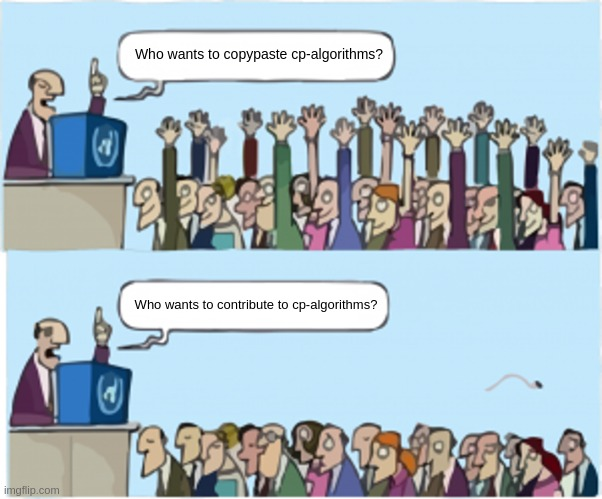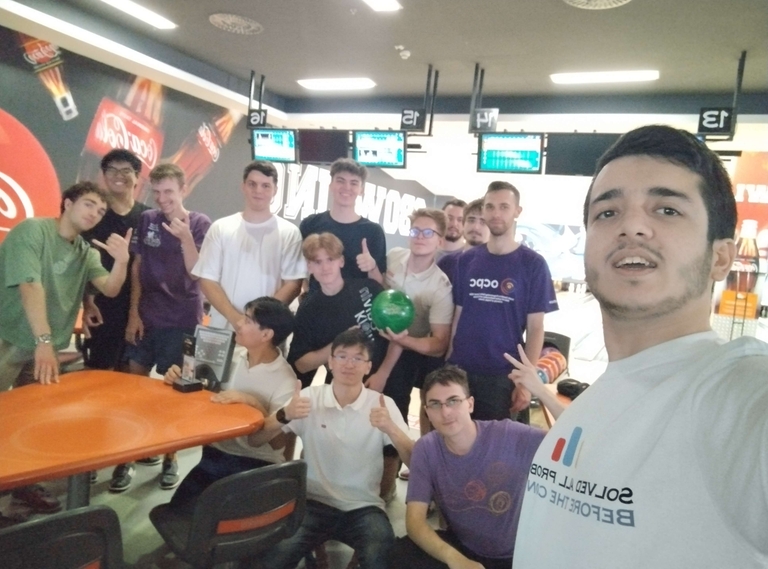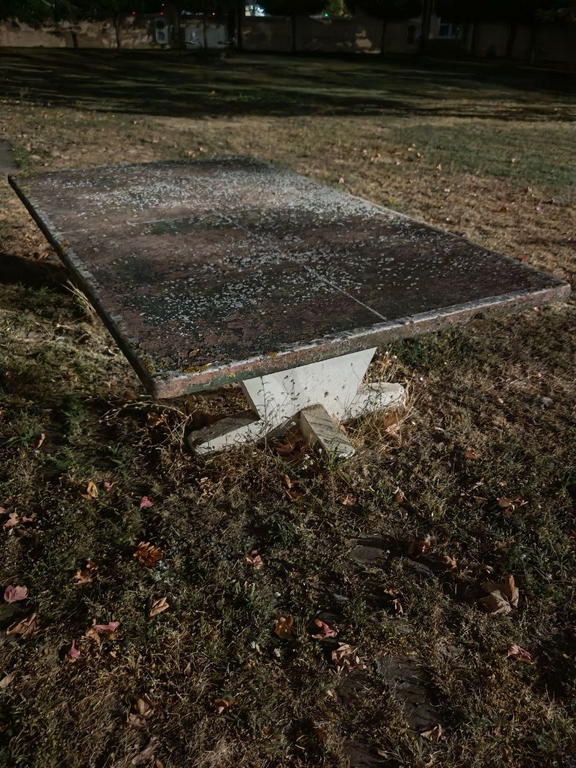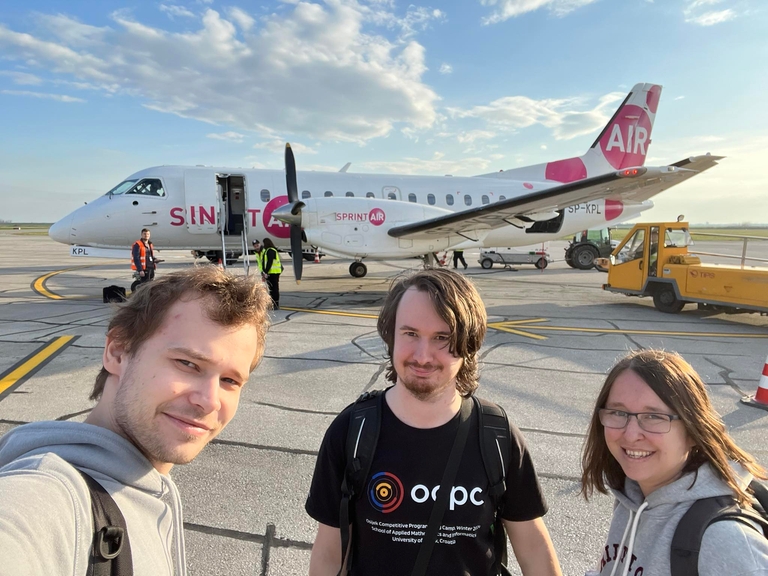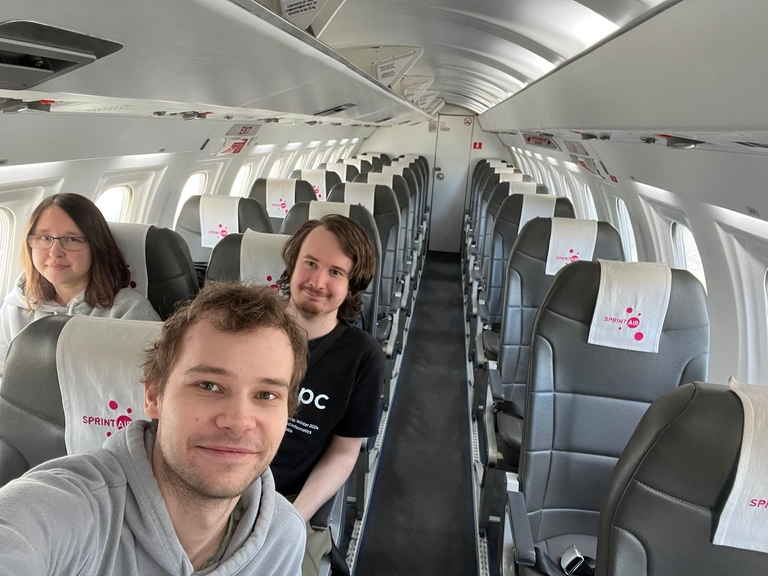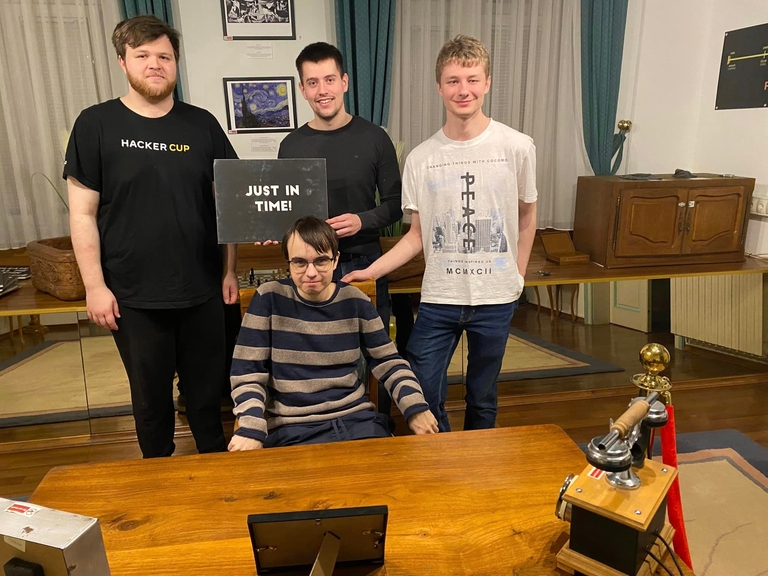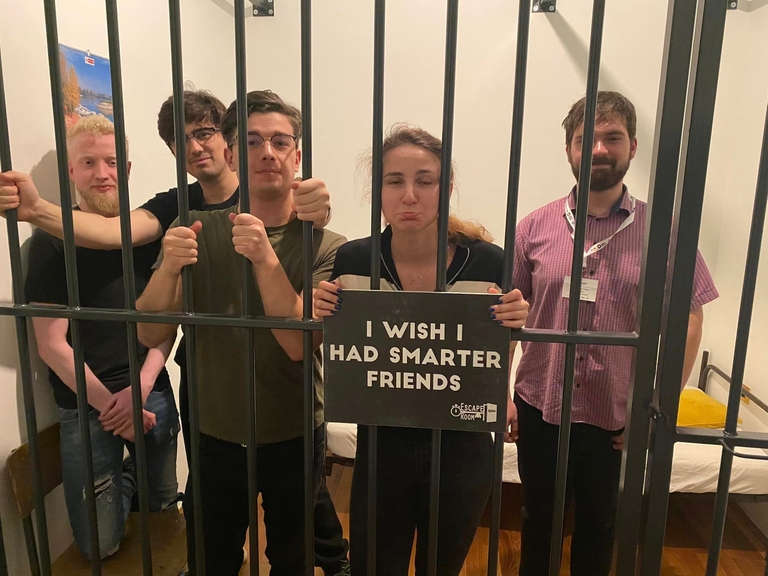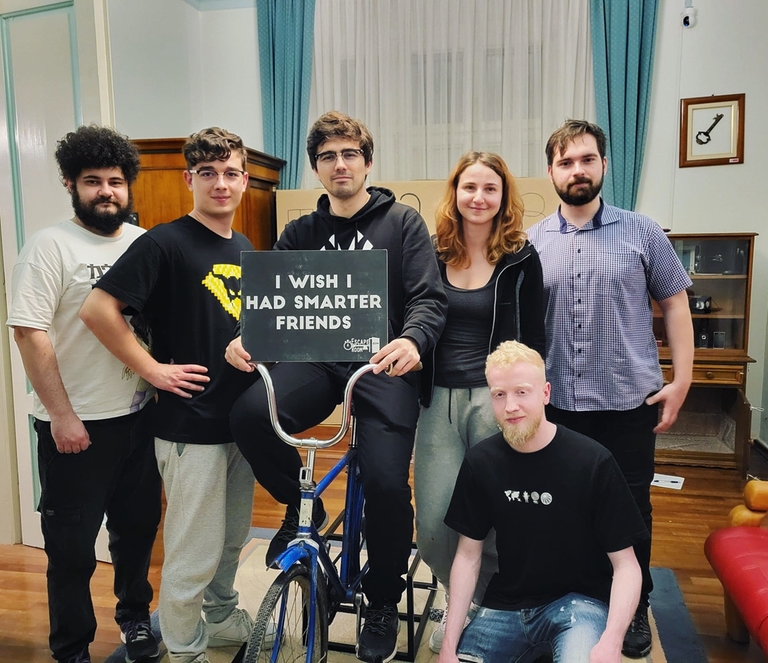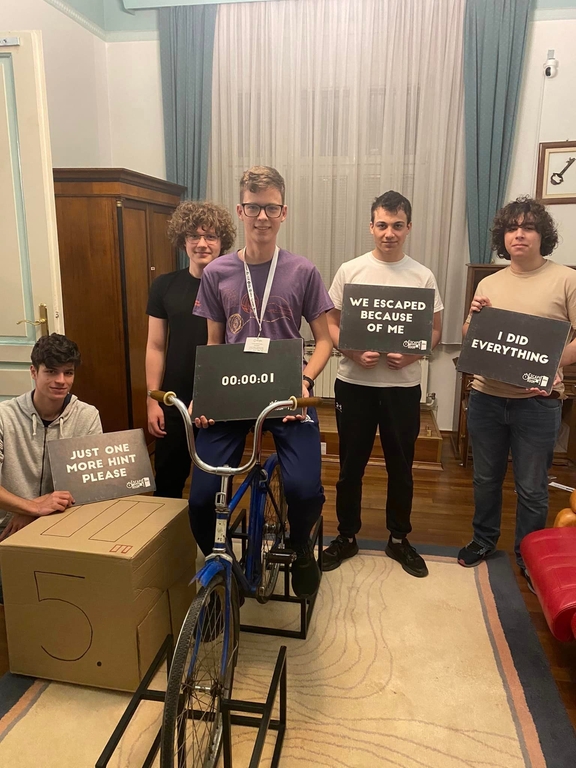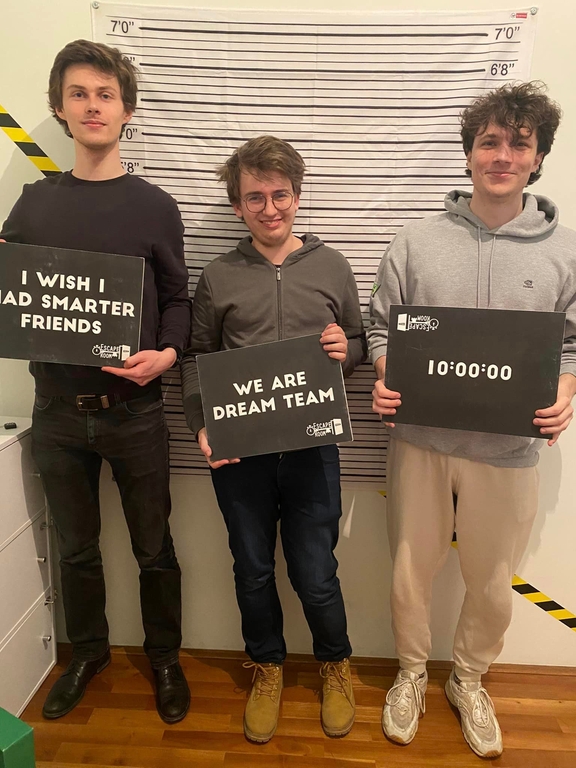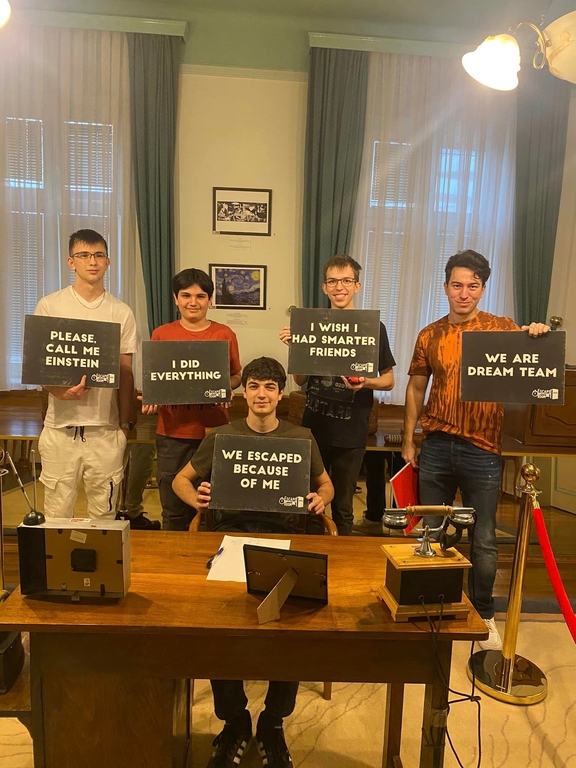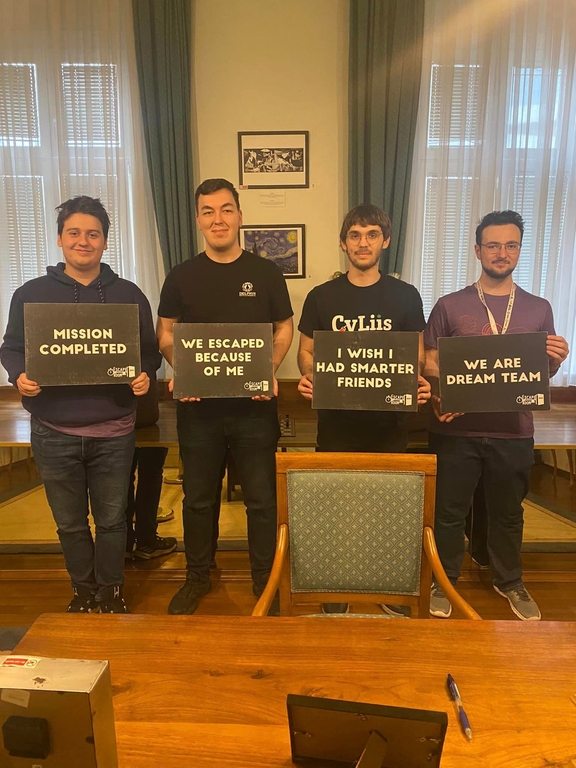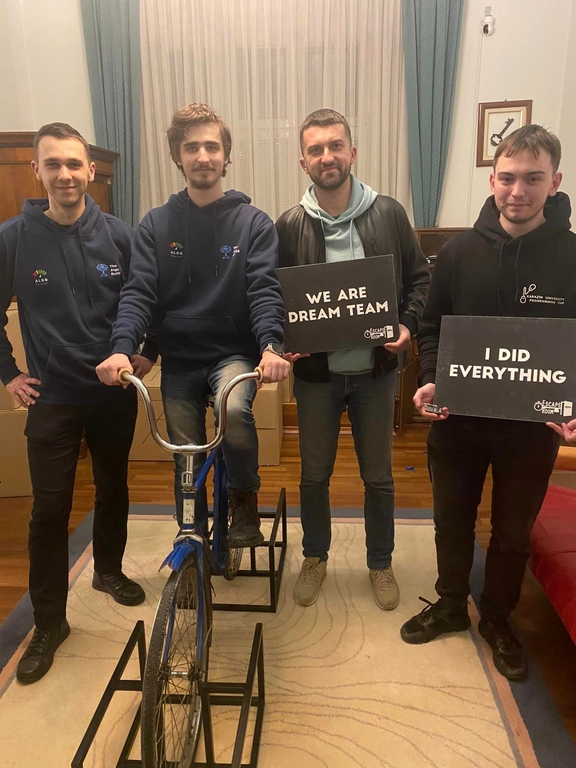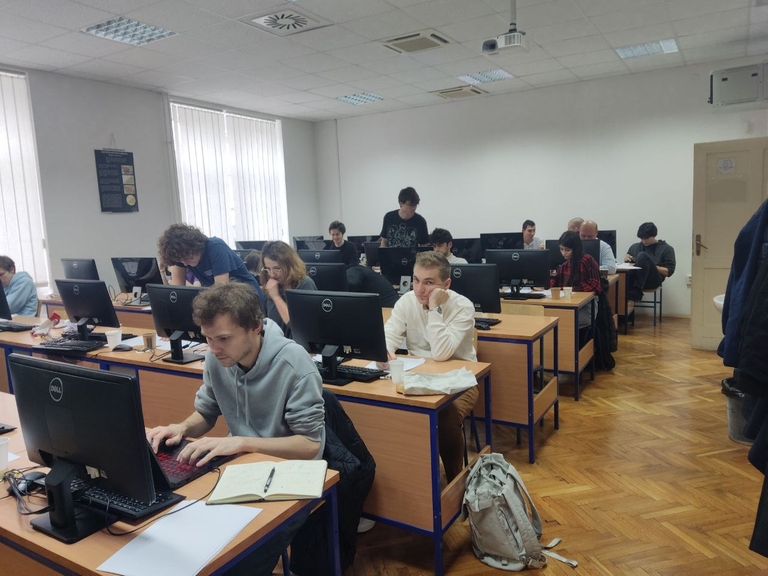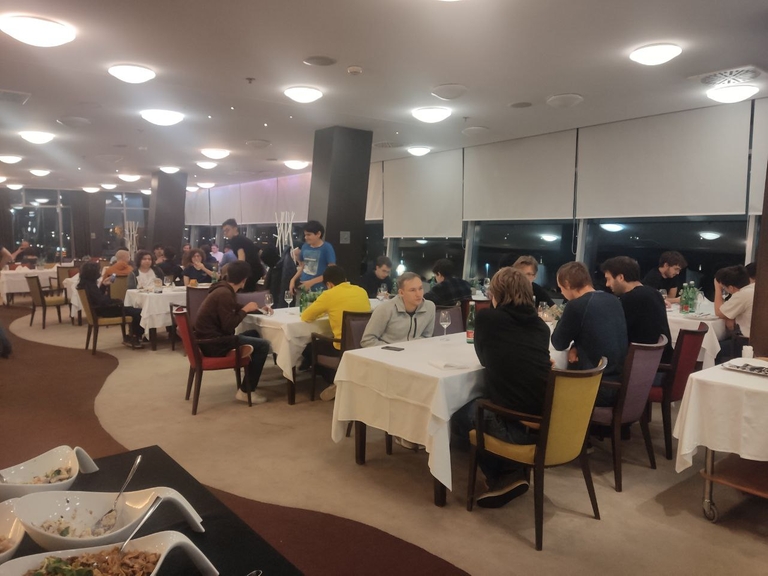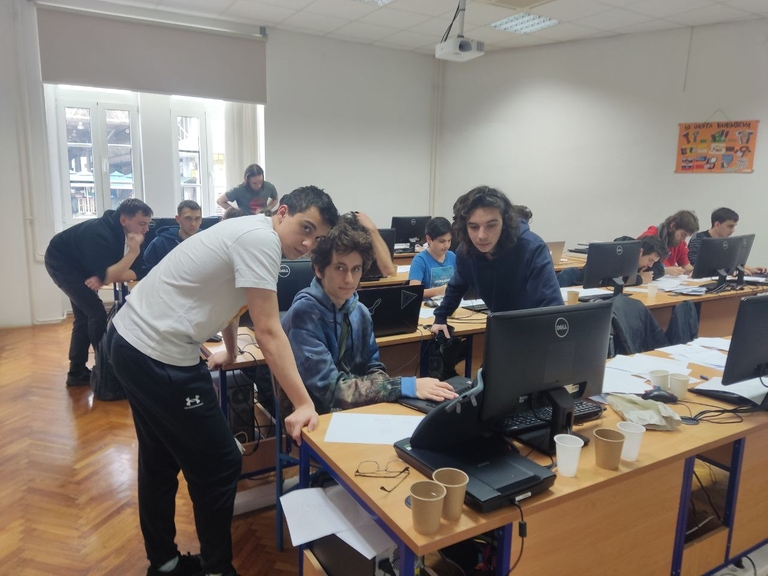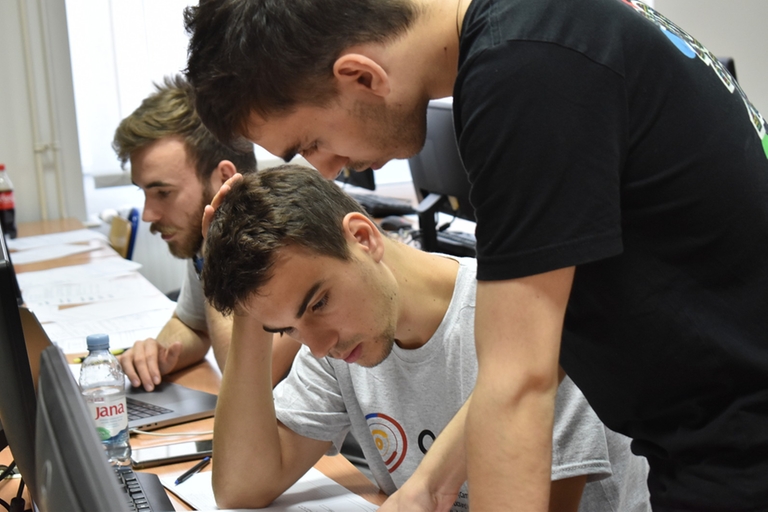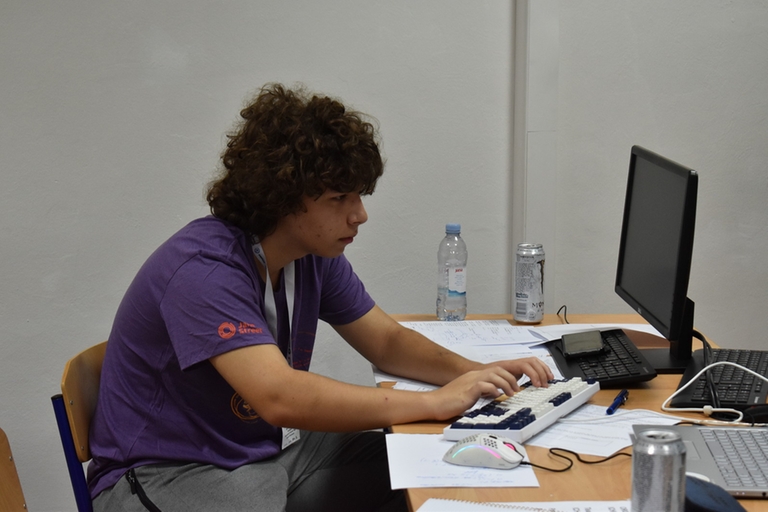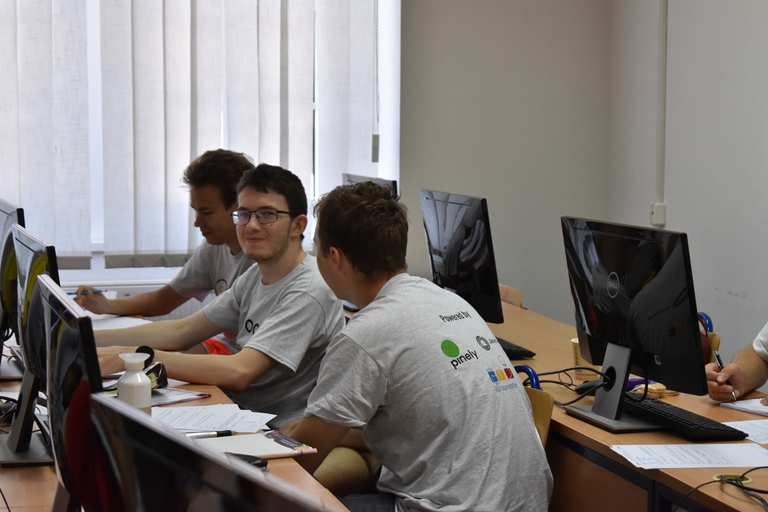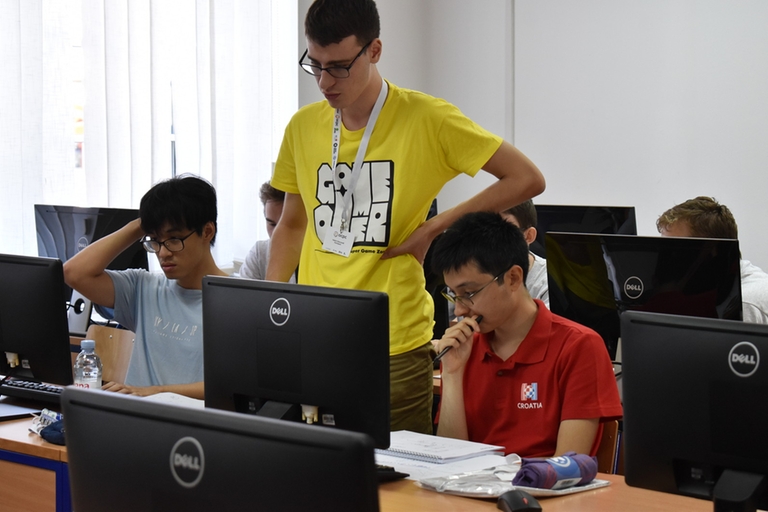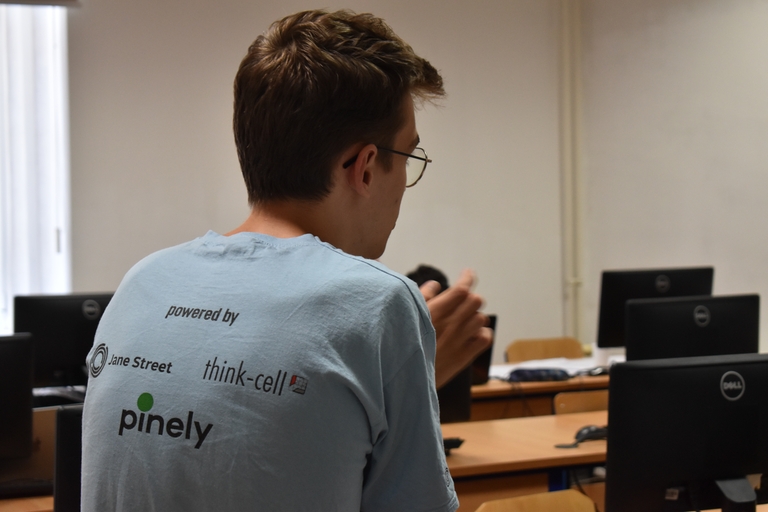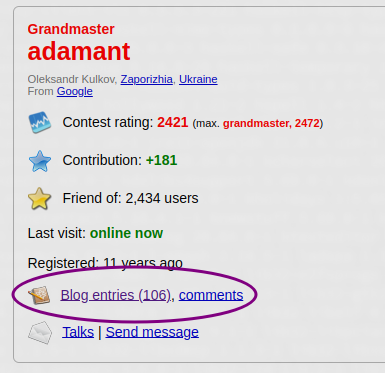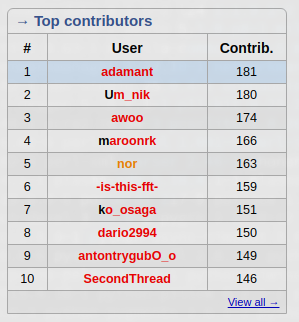Hi everyone!
We are very happy to announce that Osijek camp is back this Winter, on February 15-23, 2025, right before the 2025 ICPC Europe Championship on February 28 — March 2, 2025. The camp is hosted by the School of Applied Mathematics and Computer Science of the University of Osijek and is brought to you by the organizing team of adamant and -is-this-fft-.
The camp is inspired by various competitive programming camps that we attended during our active years in ICPC, and is aimed to help college students prepare for ICPC regional contests and finals. The camp will consist of 7 ICPC-style contests and 2 days off.
Details
If you're participating in ICPC APAC, or are close to Singapore, please consider the Singapore mirror organized by errorgorn.
After some discussions with participants, and also thanks to the continued support of our sponsors, we decided to reform the structure of participation fees for the camp. While previously, participation fees were 100€ and 150€ per participant for online and onsite participation correspondingly, in this camp the participation fee for both online and onsite participants is 201€ per team.
For a full 3-person team, this marks a 33% reduction in the price of online participation, and a 55% reduction in the price of onsite participation! We hope that it will help us to incentivize onsite participation, and also participation in full teams, to make sure that it is as close as possible to the intended ICPC contest experience for everyone involved.
Note that, similar to previous camp editions, the fee does not include regular meals, travel or accommodation. Some further details about location, travel and food options can be found on the website.
We support and empathize with those affected by the ongoing war in Ukraine, therefore we offer a free participation for affected individuals and teams affiliated with Ukrainian institutions.
The expected starting time for the contests is 10am CET. For online participants, it is still a preferred starting time, but we will make accommodations for virtual participation at a later time, when necessary.
Most of our contests are originally developed for the camp. A small number of contests may be based on previous contests that have not been released to the general public. If you have seen some problems of a contest before, you can't participate on that day. We will privately contact participants who might be affected.
After the camp, we will have a silence period during which camp materials will not be released to the public. We ask participants not to discuss the problems in public unless they obtained an explicit permission from contest authors.
If you would like to get a feel of the contests, you can find links to some of the previously published camp contests here.
Participants
If you are interested in participating, please fill the form here.
We ask you to register before February 8 if you want to participate online and before February 1 if you want to participate onsite. If you require a visa, please register as soon as possible, as it might take a few weeks to receive (depending on location).
Also, if your university or organization has a lively ICPC community that may be interested in attending the camp, and you have some contacts of people in charge (e.g. coaches) we would highly appreciate if you could share some details in a direct message to me. Thanks!
Problemsetters
We'd like to thank and praise the authors of the contests in the camp:
- Yarema, PetroTarnavskyi, mshcherba — a team from Ivan Franko National University of Lviv, who participated in the 47-th (Luxor, Egypt) and the 48-th (Astana, Kazakhstan) ICPC World Finals.
- ntherner — Codeforces (ex?)grandmaster, IOI 2024 gold medalist, author of under 15 competitive programming problems.
- tibinyte2006 — Codeforces newbie, ex-Codeforces pupil, author of over 15 competitive programming problems.
- AmirrzwM — ICPC 2024 World Finalist, Author of Codeforces Global Round 23 and Rayan Selection Round, Iranian National Olympiad in Informatics (INOI) Silver Medalist.
- MohammadParsaElahimanesh — Main Author of Codeforces Global Round 23 and Rayan Selection Round, INOI Silver Medalist. Best problem solver on Quera.
- Halzion — ICPC 2023 world finalist.
- Claris — ICPC 2017 and 2018 world finalist. Top contributor of QOJ.
- ToniB — IOI 2023 bronze medal and CERC 2024 first place.
- ppavic — triple IOI gold medalist.
- dorijanlendvaj — double IOI gold medalist, Codeforces Legendary Grandmaster.
- Pyqe — IOI gold medalist, author of IOI 2024 Nile and Tree.
- Kinon — IMO bronze, silver, and gold medalist.
... And others. We would also like to thank errorgorn and Um_nik for their help with reviewing problem proposals. You can find more details about contest rules and technical setup on the website.
Special thanks
Finally, we say special thanks to
- our sponsors, who make the camp possible;
- ICPC foundation for their help and support;
- Codeforces for guidance and promoting this announcement to the main page;
- eolymp for providing an online judge for the contests;
- School of Applied Mathematics and Computer Science of the University of Osijek for the invaluable help and providing a physical location for the camp.










